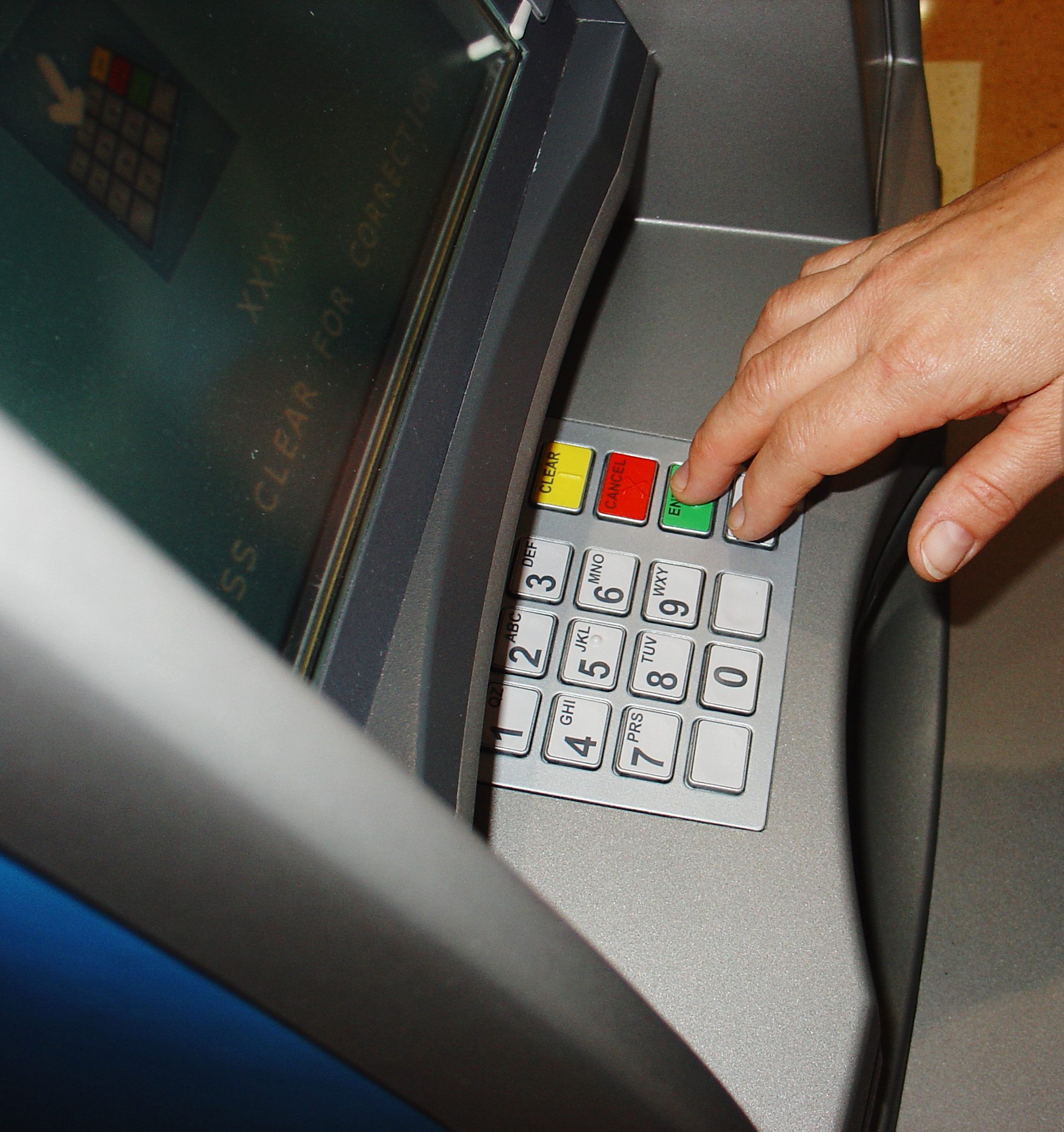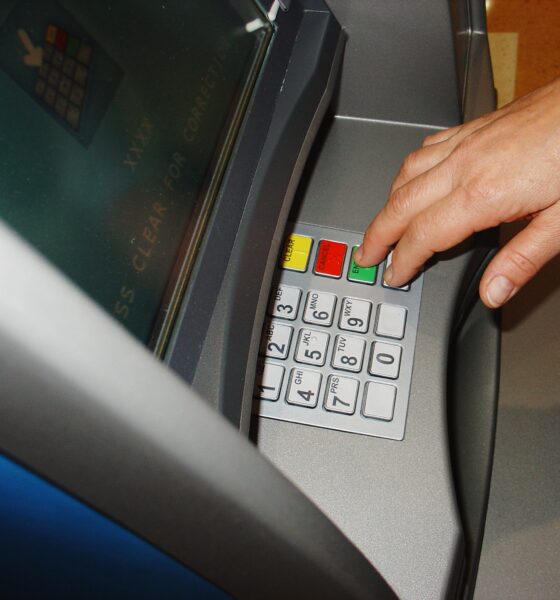

Economy
Current account costs not unfair on poorer customers, study finds
The customer costs of current accounts are rising and can vary depending on which bank you choose, but claims that low income customers are paying more than their fair share of the costs are inaccurate, says a new report.
Researchers at the Friends Provident Foundation used 17 years’ worth of data to analyse the total costs customers were being charged to use their current accounts, and investigate whether any cross-subsidy exists between richer and poorer customers.
It was also the first study in the UK to attempt this using both visible costs, such as fees and charges, and hidden costs, such as overdrafts being charged at higher rates than the provider would charge on their other loan products.
John Ashton of Bangor University, one of the authors of the report, explained, “The pricing methods of personal current accounts have frequently been criticised in recent years and so we wanted to explore the customer costs of using current accounts and the evidence for a distributional cross-subsidy between low income customers and other customers.
They found that high street banks were the most expensive providers overall, while building and friendly societies were among the least expensive. Fee charging packaged current accounts and ‘free banking’ current accounts were found to be the most expensive types of personal current account.
It had previously been claimed that the costs of current accounts were advantageous for richer customers at the expense of poorer customers.
However, Ashton added, “Our work demonstrated that while the costs of current accounts vary widely. There is no evidence of cross-subsidies to the detriment of people on lower incomes.”
The researchers suggested that choosing a current account would be easier for customers if providers reduced the number of different day-to-day banking products they offered and if total costs were presented in a standardised way across all banks and building societies.
A study by consumer watchdog Which?, published last week, argued that UK current account customers could be losing thousands of pounds a year just by being with a bank that is wrong for them, with some overdraft charges proving more expensive than payday loans.
“Unless banks make it simple for people to compare the cost of running a current account, the new switching guarantee alone will fail to transform switching rates or significantly increase competition in banking”, said Which? executive director Richard Lloyd.
Further reading:
Which? says current account market must be more transparent
Experience ‘the power of your money’ with Triodos
Report suggests banks are taking steps to improve products
Nationwide a ‘big gainer’ from switching service after profits surge
89,000 have switched banks since September launch of switching service


 Features9 months ago
Features9 months agoWhat is the Eco-Friendliest Option to Wash Your Dishes?

 Environment12 months ago
Environment12 months agoBuilding a Career in Green Construction: Tips and Insights

 News11 months ago
News11 months ago5 Ways Fleet Maintenance Software Can Help Businesses Be More Eco-Friendly

 Features10 months ago
Features10 months agoAddressing Pressing Ethical Concerns with Crypto Exchanges





























